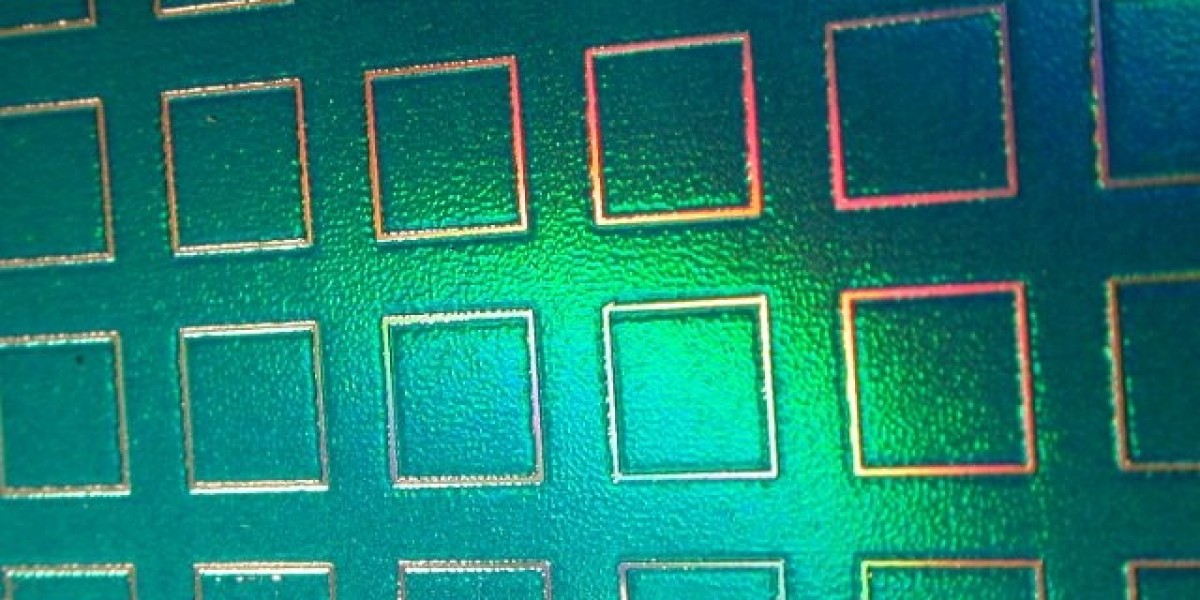KPV: The Anti-Inflammatory Peptide for Gut and Skin Health
The peptide is composed of three amino acids—lysine, proline, and valine—which together form a structure capable of binding to the CXCR2 receptor. CXCR2 is a key mediator in the migration of neutrophils toward inflammatory stimuli. When KPV occupies this receptor, it effectively prevents the cascade that leads to excessive cell infiltration, edema, and tissue damage. In practical terms, patients with conditions such as atopic dermatitis, psoriasis, or inflammatory bowel disease may experience less redness, itching, and swelling when treated with formulations containing KPV.
What Is KPV?
KPV is a synthetic analog of a naturally occurring fragment found in human keratinocytes. It was first identified through studies on the skin’s response to injury and later adapted for therapeutic use. The peptide’s short length gives it a high degree of stability in topical preparations, making it suitable for creams, gels, or oral capsules. Its safety profile is favorable; clinical trials have shown minimal side effects even with prolonged usage. Because KPV does not act as an immunosuppressant but rather modulates the inflammatory signaling, patients can maintain normal immune function while benefiting from reduced inflammation.
Gut Health
In the gastrointestinal tract, KPV exerts a protective effect on the mucosal lining by dampening the local inflammatory response that contributes to conditions such as ulcerative colitis and Crohn’s disease. Studies using animal models of chemically induced colitis have demonstrated that KPV administration leads to a significant decrease in pro-inflammatory cytokines like interleukin-8, which is closely linked to neutrophil attraction. The peptide also promotes the integrity of tight junction proteins within the intestinal epithelium, thereby reducing permeability and preventing the translocation of harmful bacteria or toxins into systemic circulation.
Clinical evidence suggests that KPV can shorten the duration of flare-ups in patients with inflammatory bowel disease while allowing for a lower dose of conventional medications. Its role as an adjunct therapy could potentially reduce reliance on steroids or biologics, which are often associated with long-term adverse effects. Moreover, because KPV is orally bioavailable, it offers a convenient route of administration that can be integrated into daily regimens.
In addition to its anti-inflammatory activity, research has begun to explore the metabolic benefits of KPV in gut health. Preliminary data indicate that by restoring a balanced microbiome environment—through reduced inflammation and improved barrier function—the peptide may indirectly influence nutrient absorption and overall gastrointestinal motility. This holistic approach positions KPV as more than just an anti-inflammatory agent; it becomes part of a broader strategy to maintain mucosal homeostasis.
The combination of proven efficacy, safety, and ease of use has led to growing interest in KPV across multiple therapeutic areas. Dermatologists are exploring its potential in treating acne vulgaris and rosacea, while gastroenterologists consider it for managing chronic gut inflammation. Ongoing research continues to refine dosing strategies and delivery systems to maximize patient benefit.
In summary, KPV is a small but powerful peptide that targets the chemokine signaling pathways responsible for recruiting inflammatory cells. By blocking CXCR2, ovallyre2.werite.net it mitigates excessive neutrophil activity in both skin and gut tissues. Its application has already shown tangible improvements in conditions such as atopic dermatitis and inflammatory bowel disease, offering patients a safer, more targeted alternative to traditional anti-inflammatory drugs.








